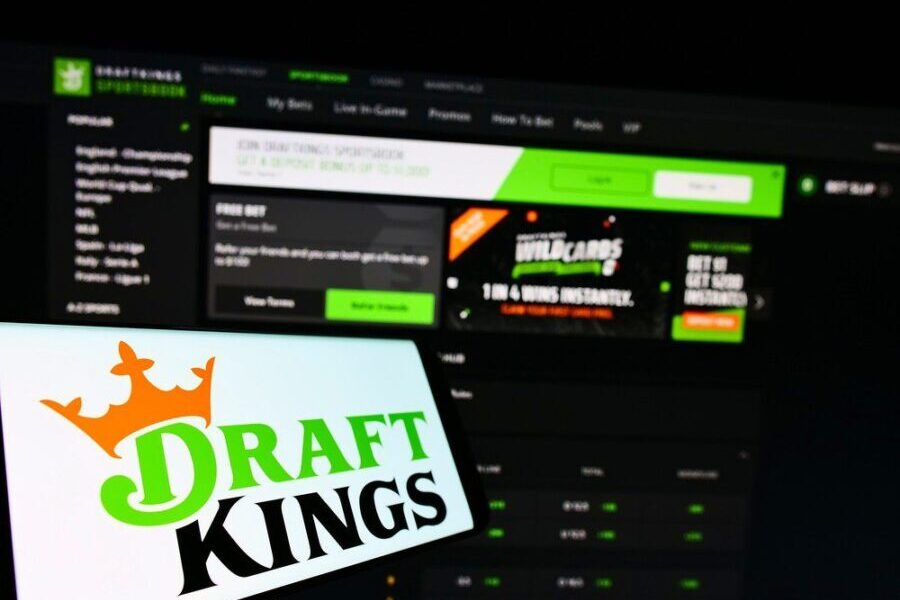Analyst hails prospective California sports betting accord

Although no company has confirmed discussions with California tribes, one stock analyst applauded the alleged negotiations. Jefferies Equity Research analyst David Katz voiced that view in an 2 April investor note.
Katz reported that DraftKings, FanDuel (or its parent, Flutter Entertainment), BetMGM, Fanatics were all dickering, via the Sports Betting Alliance, with Native American nations within the Golden State. He called this “clear positive progress.
“Our view is a potential deal raises important questions on structure, risks and returns where we see the issues as balanced,” Katz wrote. While he found the potential market itself to be huge, he predicted it would yield just “a modest positive for our stocks.”
One imponderable, according to Katz, was the total addressable market in California. He used New York State as a yardstick, estimating that California would be a US$3.7 billion market, compared to the Empire State’s US$129 per player average. He expected revenue to preponderantly flow toward the tribes.
Offering a hypothetical 65/35 split between tribes and operators, Katz estimated that the latter would have a yearly US$1.3 billion to compete for amongst themselves. Using DraftKings as an example, he calculated that a 30% market share would translate to $388 million in gross gaming revenue. DraftKings pulls down US$410 million a year in Illinois.
Katz had several unanswered questions, including how much a Golden State launch would cost and whether igaming was on the table for future discussion. “In short, the risk-adjusted ROI on market entry is where we are focused,” he explained.
The analyst also cautioned that the sheer number of tribes in California (more than 100) would complicate negotiations. He called the differences in size and economy among those tribes “inherently complex.”
California sports betting also would have to be approved by popular vote. While Katz conceded that the 2026 ballot was challenging but feasible, he deemed 2028 more likely. He added that it was a hopeful sign that DraftKings was moving in concert with other operators, “with any CA deal being more of an industry decision than any one operator’s choice.”
Katz also kept an eye to the threat posed by prediction markets, which are attempting to offer sports betting on a nationwide basis. “Per the reports, tribes would want confirmation that the operators would not engage in prediction markets as part of an agreement, which raises additional questions,” he elaborated.
Positing federal legalization of prediction-market sports betting, Katz contended that Kalshi and its ilk would hold an advantage in California over their more-traditional rivals, who would have the additional burden of being taxed. He assumed then that the likes of DraftKings and FanDuel would strive to enter the prediction market “but at significant cost”: as much as US$100 million per license, plus marketing and promotions.
“If a deal does not get done in the near term, would DKNG pursue prediction markets as a precursor to some future deal,” Katz queried. “Would other state regulators approve of prediction markets regarding their own state licenses?”
The Jefferies analyst concluded that DraftKings and others like it faced risk and opportunity by trying to enter the prediction-market sphere. He described the unanswered questions following that scenario as “myriad.”
David McKee is an award-winning journalist who has three decades of experience covering the gaming industry.
Verticals:
Sectors:
Topics:





